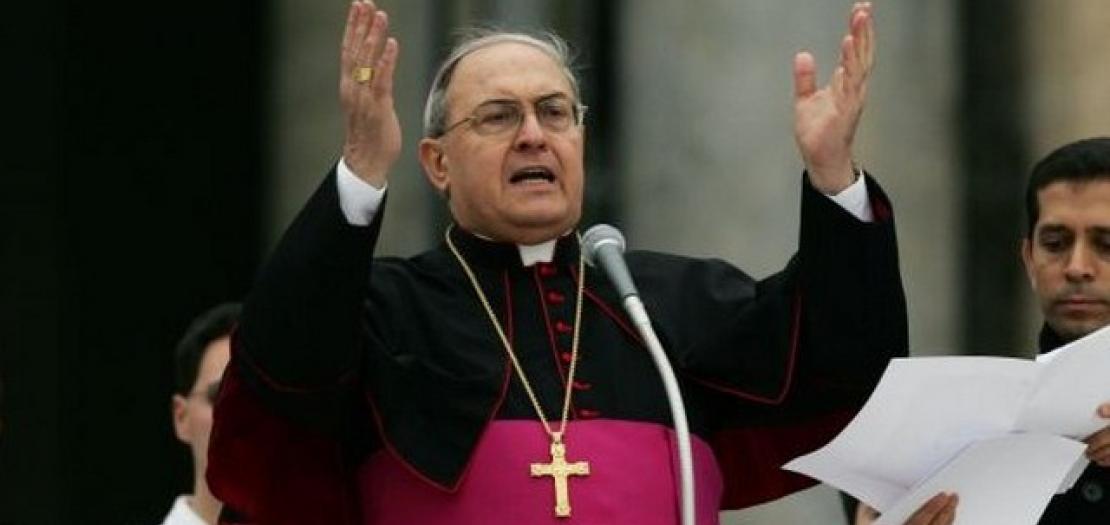Cardinal Leonardo Sandri: Armenian genocide is a ‘stain’ of evil on all humanity
- (0)

The fact of the Armenian genocide forces us to confront both the great evils committed in human history and the small evils we commit in our personal lives, a Vatican cardinal said this weekend, Catholic News Agency reports.
Also known by the Armenian term Medz Yeghern, the genocide, is a “stain in the history of the whole of humanity, not only of those who were the negative protagonists of those days or of those who have remained silent for indifference or complicity,” Cardinal Leonardo Sandri said on Saturday.
Sandri, prefect of the Vatican’s Congregation for the Oriental Churches, spoke in a homily during a Divine Liturgy of the Armenian Catholic Church in Rome April 24.
The Divine Liturgy, said at the Pontifical Armenian College, marked the 106th anniversary of the beginning of the Armenian genocide in 1915, when over the span of eight years, the Ottoman Empire targeted the Christian Armenian minority for mass displacement, family separation, death marches, mass shootings, starvation, and other abuses.
In his homily, Sandri said the literal translation of Medz Yeghern, “the Great Evil Crime,” “forces us to come to terms with the question of evil in human history, but above all within our personal history, when we give in to the compromises of temptation, when we stop listening to the Word of God, when we are indifferent to our brothers or worse, we try to do evil toward them instead of multiplying the blessings and the good towards them.”
“The Great Evil challenges our little daily evils, because the great negative events are always preceded by a prehistory of progressive anesthetization of the conscience,” he stated.
The cardinal noted that the descendants of the victims of the genocide have not lost the faith and are still here to proclaim it and celebrate it today.
“Just as the Jewish people in the Holocaust of a few decades later was crossed by the stabbing question ‘Where was God in the extermination camps,’ so too we could ask ourselves the same in the face of the systematically planned suffering of the Armenian people,” Sandri said.
“However, before each path of response, we are called to add another question, which is valid then as today: ‘where is the human being? Where are you a human being, where is your heart, created for good but so capable of harboring feelings of hatred to the point of wanting to exterminate your brothers and actually doing it?’”
Cardinal Sandri said we can be consoled knowing that those who lost their lives in the Armenian genocide 106 years ago are “friends of God.”
“The life of our brothers and sisters was like that of Jesus, a grain of wheat fallen to the ground that by dying gave life to the whole world by saving it: their fruit remains, and it is we who in the world celebrate this day in faith,” he said.
May seeds of life and resurrection come from this fruit, he prayed. “We ask this through the intercession of the All Holy Mother of God, Mary Most Holy, and of all the saints and martyrs of the beloved Armenian people. Amen.”


















